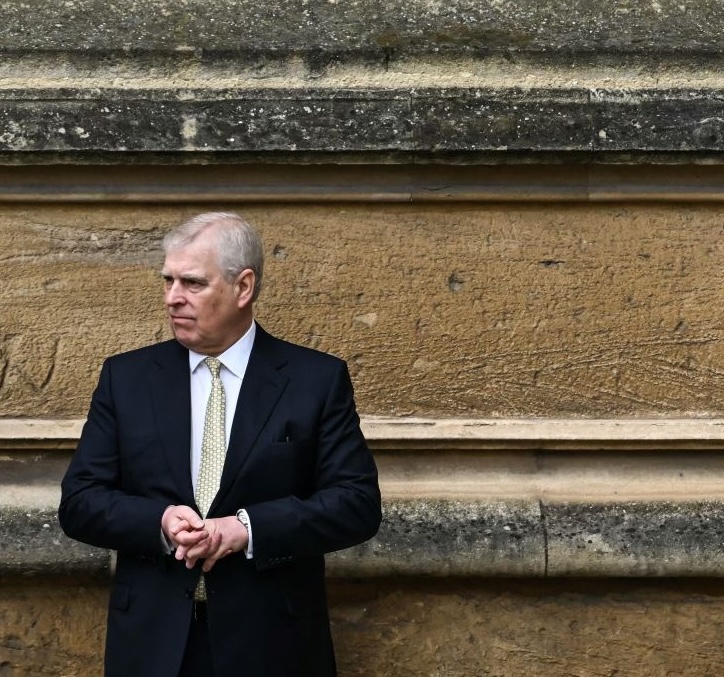When Sir Keir Starmer faced off against Rishi Sunak at the despatch box today, in the first Prime Minister’s Questions after the parliamentary recess, he seemed to be rather unsure what his role was. Over the course of their exchanges, the ostensible leader of the country referred to his opposite number not once, not twice, but five times as ‘the prime minister’.
It was bad enough when Starmer made this mistake back in July, though after four years in opposition and just weeks into the new role, we might perhaps understand it having become a habit. But to do it again? After he’s been in office for two months, attended a Nato Summit, given numerous grim-faced Downing Street speeches and announced a raft of nannying laws? For Sir Keir to forget who’s running the country a second time is a ridiculous error. One can imagine Starmer squinting down at his briefing cards ahead of the next PMQs: ‘Note to self: YOU are the one in charge – not Rishi Sunak, not Sue Gray, not the OBR, not “international law”.’
But in light of his poor performance at today’s PMQs, where he appeared unwilling to take responsibility for any of the government’s actions, it seems perhaps this gaffe is worse than just a slip of the tongue. It came as Rishi Sunak pressed Starmer on his government’s decision to suspend 30 out of 350 of Britain’s arms export licenses to Israel. Foreign Secretary David Lammy announced the suspension on Monday, saying that there is a ‘clear risk’ that the equipment in question could be used to commit serious violations of international humanitarian law. It’s a move that gives credence to the claim that Israel is committing war crimes in Gaza, which will no doubt please Hamas. The Chief Rabbi has said it ‘beggars belief’.
The Conservative government was generally a strong supporter of Israel in its war against Hamas, and Sunak’s question was the obvious one: how would this decision help to secure the release of the 101 hostages still being held by the terrorist group?
Starmer was apparently unable to speak about the effects of this decision, and could only answer in legalese. ‘The legal framework is clear’, he insisted, explaining that his government ‘arrived at this decision’ after consulting the relevant ‘guidance’. He maintained, strangely, that the suspension of licenses to Israel was ‘not an Israel issue’, it was in fact ‘a legal decision, not a policy decision’.
Of course, we know this would suit the former prosecutor very well, since it would appear to absolve him of any political responsibility. But the fact is that this was a decision made by his government and he bears responsibility for it. As Sunak pointed out, the fact that it was made on the day of the funeral of Israeli hostages murdered by Hamas understandably stings.
It’s also a decision with geopolitical consequences. Starmer’s bleating about international law has not stopped Israeli PM Benjamin Netanyahu from blasting this decision as ‘shameful’. Nor has the suspension gone down well in Washington: the White House has pointedly not followed suit, with US sources reportedly saying they felt ‘let down’. Starmer apparently doesn’t have the wherewithal to understand that on the grand stage of international geopolitics, his arcane, lawyerly appeals to ‘guidelines’ and ‘frameworks’ simply do not carry weight.
Some may agree with this decision, some may not. But whatever you think of it, or wherever you stand on the Israel-Gaza question, it’s a mark of Starmer’s weakness as a politician that he thinks it’s right to subordinate an important foreign-policy decision to legal proceduralism. Surely our stance towards Israel should be determined by our national interest, and Starmer should be able to justify it in such terms?
As it is, the prime minister risks giving the impression that his foreign policy is being determined by whatever some mandarin happens to have drawn up years ago. It also means he can claim little credit for this move – how could he, when it is merely a ‘legal decision’? – though it will not stop him receiving plenty of blame.
Indeed, whatever Starmer’s claimed rationale, many will connect this decision with the fact that in the year since 7 October, an increasingly strident pro-Gaza vote has been breathing down Labour’s neck. At the last election, Jonathan Ashworth was just one of several prominent Labour casualties to the grim emergence of sectarianism in British politics – a problem Labour is naturally anxious to make go away. In this climate, the attack lines are writing themselves: Labour has jeopardised our relationship with our closest ally, the US, in favour of its own special relationship with the ‘Muslim community’.
With his approval tumbling as parliament resumes, Keir Starmer’s political honeymoon is clearly over. But the former prosecutor still seems to be working out that as prime minister, the buck stops with him. That he, not the Tories, is now responsible for the government’s decisions. Making decisions – and defending them – is about more than just robotically following rules and coming to a ‘legal conclusion’.
If Keir Starmer continues to refer to his opposite number as ‘prime minister’, perhaps that’s because that’s because, deep down, he wishes he still was.







Comments